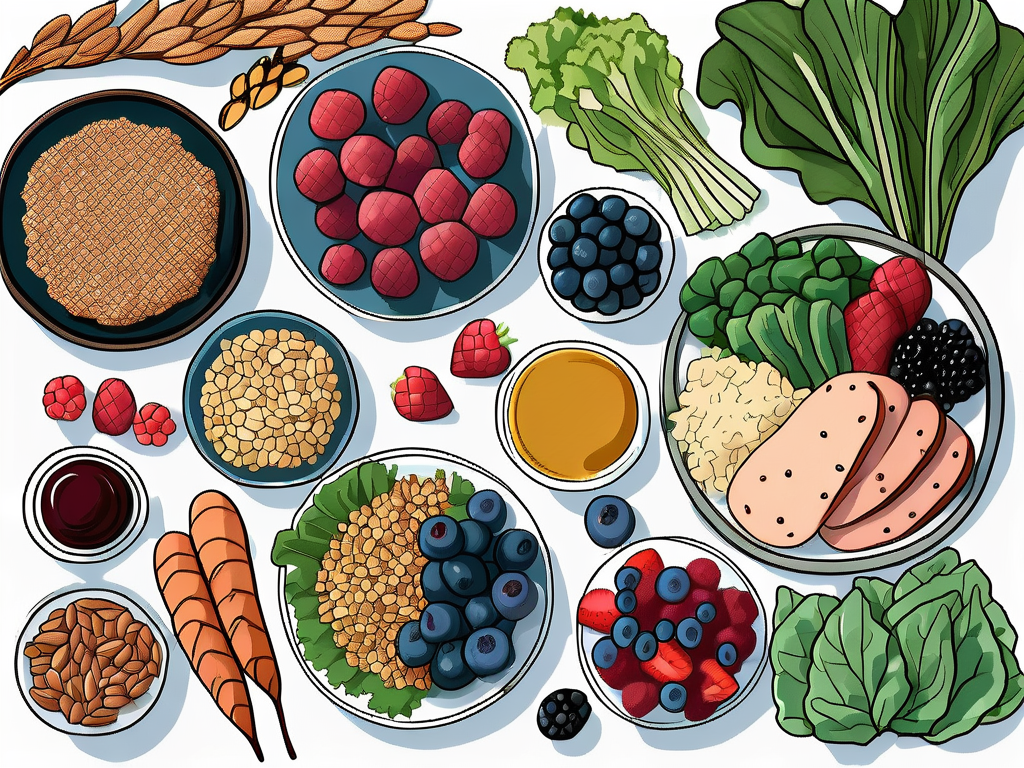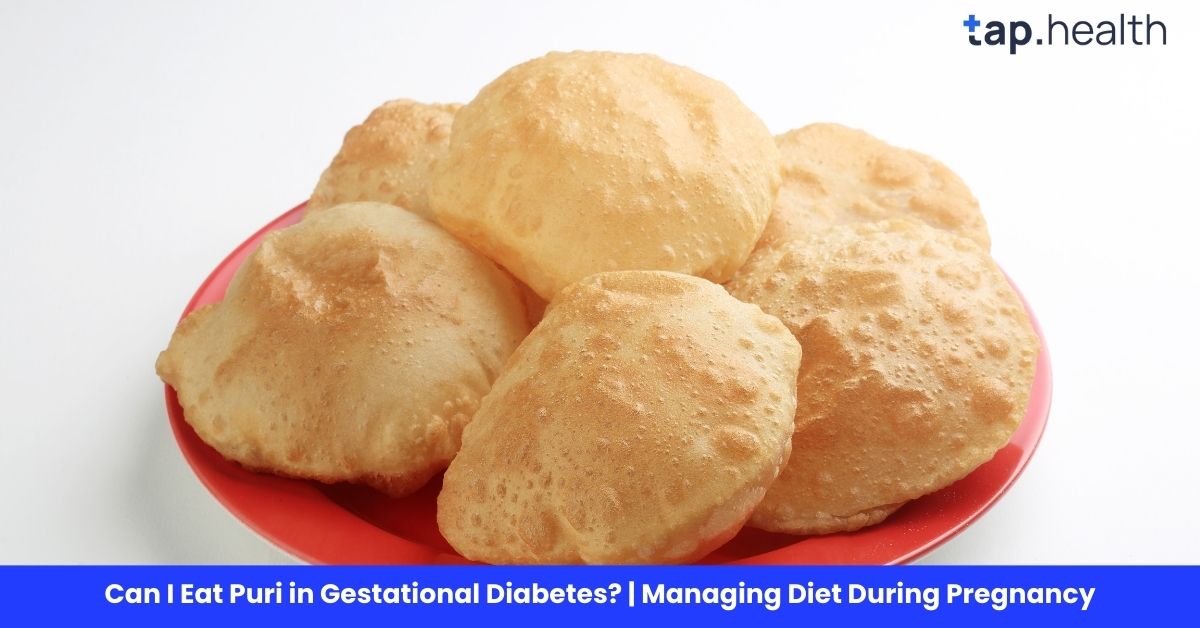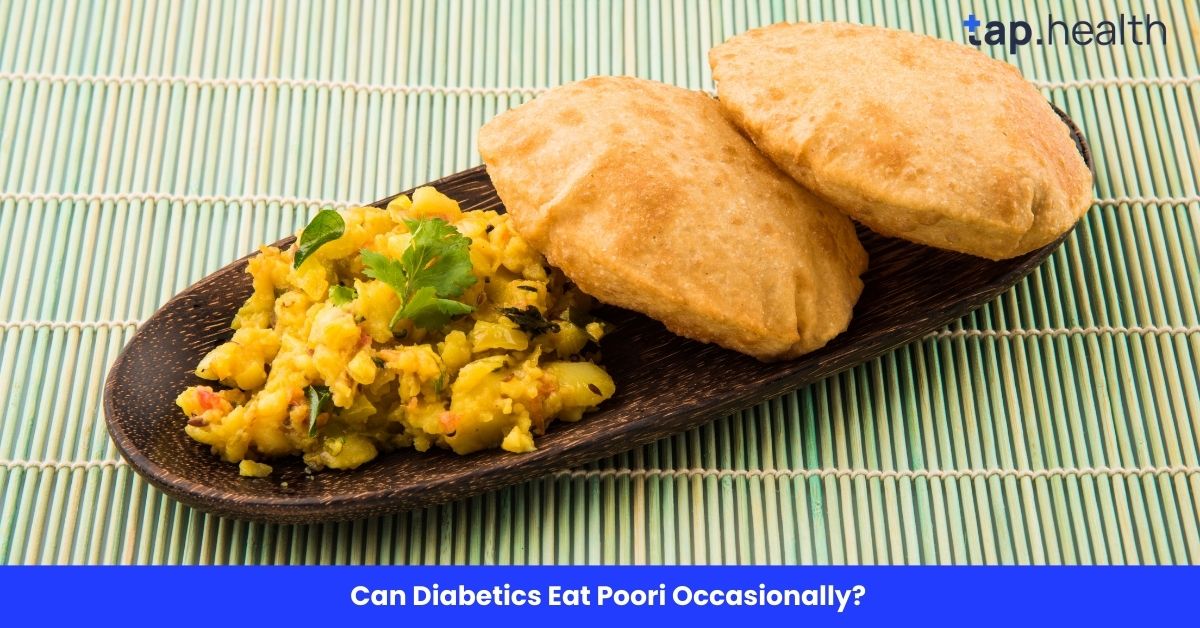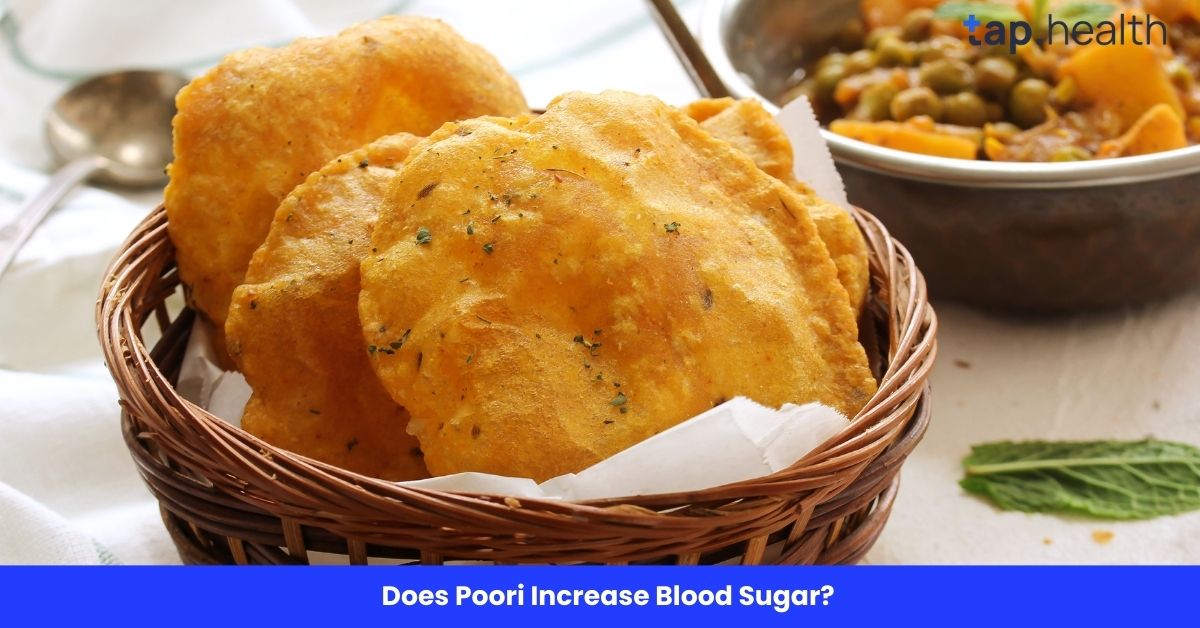Diabetes is a chronic condition that affects millions of people worldwide. It is characterized by high blood sugar levels and the body’s inability to produce or use insulin effectively. Managing diabetes requires a multi-faceted approach, including regular exercise, medication (if necessary), and most importantly, a healthy diet. In this article, we will explore the best foods for people with diabetes, as well as those that should be avoided. We will also discuss a comprehensive diabetes diet plan, as well as provide some delicious food recipes specifically designed for diabetic patients. So let’s dive in and discover the world of foods for people with diabetes.
Introduction to Diabetes
Before we delve into the specifics of foods for people with diabetes, it is crucial to understand the basics of this condition. Diabetes occurs when the pancreas fails to produce enough insulin or when the body cannot effectively use the insulin it produces. Insulin is a hormone that helps regulate blood sugar levels and allows cells to utilize glucose for energy. Without proper insulin function, blood sugar levels can become dangerously high, leading to various health complications.
There are two main types of diabetes: type 1 and type 2. Type 1 diabetes is an autoimmune disease that typically manifests in childhood or adolescence. In this condition, the immune system attacks and destroys the insulin-producing cells in the pancreas. Type 2 diabetes, on the other hand, is more common and usually develops later in life. It is primarily caused by a combination of genetic, lifestyle, and environmental factors.
Furthermore, gestational diabetes is another form of diabetes that occurs during pregnancy. This type of diabetes can pose risks to both the mother and the baby if not properly managed. It is essential for pregnant women to undergo screening for gestational diabetes to ensure early detection and appropriate treatment.
Additionally, prediabetes is a condition where blood sugar levels are higher than normal but not high enough to be diagnosed as diabetes. Individuals with prediabetes are at an increased risk of developing type 2 diabetes if preventive measures are not taken. Lifestyle modifications such as adopting a healthy diet, regular exercise, and weight management can help prevent or delay the progression to full-blown diabetes.
20 Best Foods for Diabetes
When it comes to managing diabetes, a well-balanced diet plays a crucial role. Consuming the right foods can help regulate blood sugar levels, control weight, and reduce the risk of complications associated with the condition. Here are 20 of the best foods for people with diabetes:
1. Leafy green vegetables
Spinach, kale, and collard greens are packed with essential vitamins, minerals, and antioxidants that can help stabilize blood sugar levels.
2. Fatty fish
Salmon, mackerel, and sardines are rich in omega-3 fatty acids, which have been shown to improve insulin sensitivity and reduce inflammation.
3. Whole grains
Opt for whole grain varieties of bread, rice, and pasta, as they are higher in fiber and have a lower glycemic index compared to their refined counterparts.
4. Beans and legumes
Lentils, black beans, and chickpeas are excellent sources of protein and fiber, making them a healthy alternative to meat.
5. Berries
Strawberries, blueberries, and raspberries are low in sugar and high in antioxidants, making them a great choice for satisfying your sweet tooth.
6. Greek yogurt
Greek yogurt is high in protein and low in carbohydrates, making it an excellent snack option for people with diabetes.
7. Nuts
Almonds, walnuts, and pistachios are packed with healthy fats, fiber, and protein, helping to keep blood sugar levels stable.
8. Avocado
Avocado is rich in monounsaturated fats, which can improve heart health and help manage blood sugar levels.
9. Cinnamon
Cinnamon has been found to have a positive effect on blood sugar control and insulin sensitivity.
10. Turmeric
Turmeric contains curcumin, a compound that has anti-inflammatory properties and may help improve insulin sensitivity.
11. Chia seeds
Chia seeds are high in fiber, omega-3 fatty acids, and antioxidants, all of which contribute to better blood sugar control.
12. Tomatoes
Tomatoes are low in carbohydrates and high in vitamins, making them a healthy addition to a diabetes-friendly diet.
13. Low-fat dairy
Opt for low-fat dairy products like milk, cheese, and yogurt, as they are lower in saturated fats and can help manage blood sugar levels.
14. Quinoa
Quinoa is a gluten-free grain that is high in protein and fiber, making it an excellent choice for people with diabetes.
15. Sweet potatoes
Sweet potatoes are a nutritious alternative to regular potatoes, as they have a lower glycemic index and are rich in fiber.
16. Garlic
Garlic has been found to have beneficial effects on blood sugar control and cholesterol levels.
17. Lean meats
Choose lean cuts of meat like turkey or chicken breast, as they are low in saturated fats and can help keep blood sugar levels stable.
18. Eggs
Eggs are a great source of protein and healthy fats, making them a filling and nutritious option for people with diabetes.
19. Green tea
Green tea contains antioxidants called catechins, which have been shown to improve insulin sensitivity.
20. Dark chocolate
Opt for dark chocolate with a high cocoa content, as it is lower in sugar and rich in antioxidants.
These foods are not only beneficial for people with diabetes but can also be part of a healthy diet for anyone looking to improve their overall well-being. However, it is essential to remember that portion control and moderation are key when it comes to managing blood sugar levels effectively.
It’s important to note that while these foods are highly recommended for people with diabetes, it’s always a good idea to consult with a healthcare professional or a registered dietitian before making any significant changes to your diet. They can provide personalized guidance based on your specific health needs and help you create a meal plan that suits your preferences and lifestyle.
In addition to incorporating these diabetes-friendly foods into your diet, it’s also crucial to pay attention to other lifestyle factors that can impact your blood sugar levels. Regular physical activity, stress management, and adequate sleep are all essential components of a comprehensive diabetes management plan. Engaging in regular exercise can help improve insulin sensitivity and promote weight loss, while stress management techniques like meditation or deep breathing exercises can help reduce cortisol levels and prevent blood sugar spikes. Prioritizing quality sleep is also crucial, as sleep deprivation has been linked to insulin resistance and an increased risk of developing type 2 diabetes.
What are the Foods to Avoid with Diabetes
In addition to knowing the best foods for diabetes, it is equally important to be aware of foods that should be avoided or consumed in moderation. These foods can lead to spikes in blood sugar levels and contribute to weight gain, increasing the risk of complications associated with diabetes. Here are some foods to avoid or limit:
- Sugary beverages: Regular soda, fruit juices, and sweetened teas contain high amounts of added sugars, which can rapidly increase blood sugar levels.
- Processed foods: Packaged snacks, processed meats, and fast food items often contain unhealthy fats, refined carbohydrates, and excessive sodium.
- White bread and white rice: These foods have a high glycemic index and can cause rapid spikes in blood sugar levels.
- Sweets and desserts: Cakes, cookies, and ice cream are high in sugar and should be enjoyed sparingly.
- Alcohol: Drinking alcohol can lower blood sugar levels and interfere with diabetes medications, so it is crucial to consume it in moderation.
- High-fat dairy products: Full-fat dairy products contain saturated fats, which can contribute to insulin resistance and heart disease.
- Trans fats: Trans fats, often found in fried and processed foods, are highly detrimental to heart health and can worsen insulin resistance.
- Highly processed grains: White pasta and white flour-based products should be avoided, as they lack essential nutrients and fiber.
- High-sodium foods: Foods with excessive salt content can raise blood pressure and increase the risk of cardiovascular disease.
While it is important to be aware of these foods to avoid, let’s delve deeper into the reasons behind their impact on blood sugar levels and overall health.
Sugary beverages, such as regular soda, fruit juices, and sweetened teas, are loaded with added sugars. These sugars are quickly absorbed into the bloodstream, causing a rapid increase in blood sugar levels. Over time, consistently high blood sugar levels can lead to insulin resistance and increase the risk of developing type 2 diabetes. Consuming these sugary beverages in moderation or opting for healthier alternatives, like water or unsweetened herbal tea, can help maintain stable blood sugar levels.
Processed foods, including packaged snacks, processed meats, and fast food items, often contain unhealthy fats, refined carbohydrates, and excessive sodium. These ingredients can contribute to weight gain and increase the risk of developing cardiovascular disease, a common complication of diabetes. Additionally, the high sodium content in processed foods can raise blood pressure, further exacerbating the risk of heart problems. Choosing whole, unprocessed foods like fruits, vegetables, lean proteins, and whole grains can provide essential nutrients and help manage blood sugar levels more effectively.
White bread and white rice are examples of refined carbohydrates that have a high glycemic index. This means that they are quickly digested and cause a rapid increase in blood sugar levels. In contrast, whole grains like whole wheat bread and brown rice have a lower glycemic index and provide more sustained energy, helping to keep blood sugar levels stable. Opting for whole grain alternatives can be a healthier choice for individuals with diabetes.
It’s important to note that while sweets and desserts, such as cakes, cookies, and ice cream, are high in sugar, they can still be enjoyed in moderation. Completely depriving oneself of these treats can lead to feelings of restriction and potentially result in overindulgence later on. By practicing portion control and incorporating these indulgences into a balanced meal plan, individuals with diabetes can still satisfy their sweet tooth without compromising their blood sugar control.
By being mindful of these foods and making healthier choices, people with diabetes can better manage their condition and reduce the risk of complications. Remember, small changes in dietary habits can make a significant difference in overall health and well-being.
Diabetes Diet Plan
Developing a comprehensive diabetes diet plan is essential for effective blood sugar management and overall well-being. Here is a suggested diabetes diet plan:

Breakfast:
Start your day with a balanced meal that includes whole grain cereal, low-fat milk, and a serving of berries.
Lunch:
For lunch, opt for a large salad with leafy greens, lean protein (such as grilled chicken or tofu), and a variety of colorful vegetables.
Snacks:
Throughout the day, enjoy snacks like Greek yogurt with mixed nuts, or raw vegetables with hummus.
Dinner:
For dinner, have a serving of baked or grilled fish, a side of quinoa or brown rice, and a generous portion of non-starchy vegetables.
Bedtime Snack:
If needed, a small snack before bed can help stabilize blood sugar levels. Opt for a handful of almonds or a piece of low-sugar fruit.
Remember, it is always recommended to consult with a healthcare professional or a registered dietitian when developing a personalized diabetes diet plan. They can provide tailored guidance and address any specific dietary restrictions or concerns.
Food Recipes for Diabetic Patients
Eating a diabetes-friendly diet doesn’t mean sacrificing delicious meals. Here are two recipes specifically designed for diabetic patients:
Recipe 1: Grilled Salmon with Asparagus
Ingredients:
- 1 fresh salmon fillet
- 1 bunch of asparagus
- 1 tablespoon olive oil
- Salt and pepper to taste
Instructions:
- Preheat the grill to medium-high heat.
- Coat the salmon fillet and asparagus with olive oil, then season with salt and pepper.
- Place the salmon and asparagus on the grill and cook for approximately 4-5 minutes per side, or until desired doneness.
- Remove from the grill and serve hot.
Recipe 2: Quinoa and Mixed Vegetable Stir-Fry
Ingredients:
- 1 cup cooked quinoa
- 1 bell pepper, sliced
- 1 zucchini, sliced
- 1 carrot, julienned
- 2 cloves of garlic, minced
- 1 tablespoon low-sodium soy sauce
- 1 tablespoon sesame oil
- 1 tablespoon rice vinegar
- Salt and pepper to taste
Instructions:
- Heat the sesame oil in a large skillet or wok over medium heat.
- Add the minced garlic and sauté for 1-2 minutes until fragrant.
- Add the bell pepper, zucchini, and carrot to the skillet, cooking until the vegetables are tender-crisp.
- Stir in the cooked quinoa, soy sauce, and rice vinegar, ensuring that all the ingredients are well combined.
- Season with salt and pepper to taste, and cook for an additional 2-3 minutes.
- Remove from heat and serve hot.
These recipes are packed with nutritious ingredients and can be easily customized to suit individual tastes and preferences. Enjoy them as part of a well-rounded diabetes diet plan.
FAQs on Foods for Diabetes
Here are some frequently asked questions about foods for people with diabetes:
1. Can people with diabetes eat fruit?
Yes, people with diabetes can enjoy fruits as part of a balanced diet. However, it is important to choose fruits with a lower glycemic index and consume them in moderation.
2. Can I still eat carbohydrates if I have diabetes?
Yes, carbohydrates can be part of a diabetes-friendly diet. Opt for whole grain varieties, control portion sizes, and monitor their effects on blood sugar levels.
3. Are artificial sweeteners safe for people with diabetes?
Artificial sweeteners can be a sugar substitute for people with diabetes. While they are deemed safe for consumption, it is essential to use them in moderation.
4. Is it necessary to count calories when managing diabetes?
While counting calories can be helpful for weight management, it is not the sole focus when managing diabetes. Instead, prioritize nutrient-dense foods and portion control.
5. Can alcohol be consumed by people with diabetes?
Alcohol can affect blood sugar levels and interfere with diabetes medications. It is crucial to consume alcohol in moderation and consult a healthcare professional for guidance.
These are just a few commonly asked questions regarding foods for people with diabetes. It is always recommended to consult with a healthcare professional or a registered dietitian for personalized advice tailored to your specific needs and medical condition.



